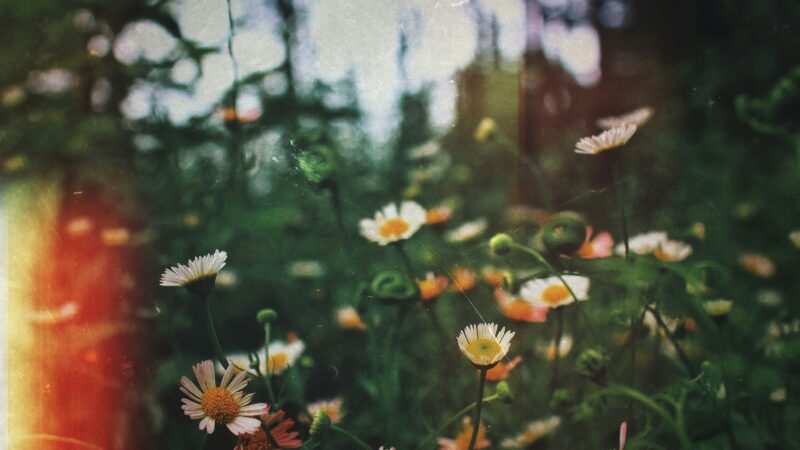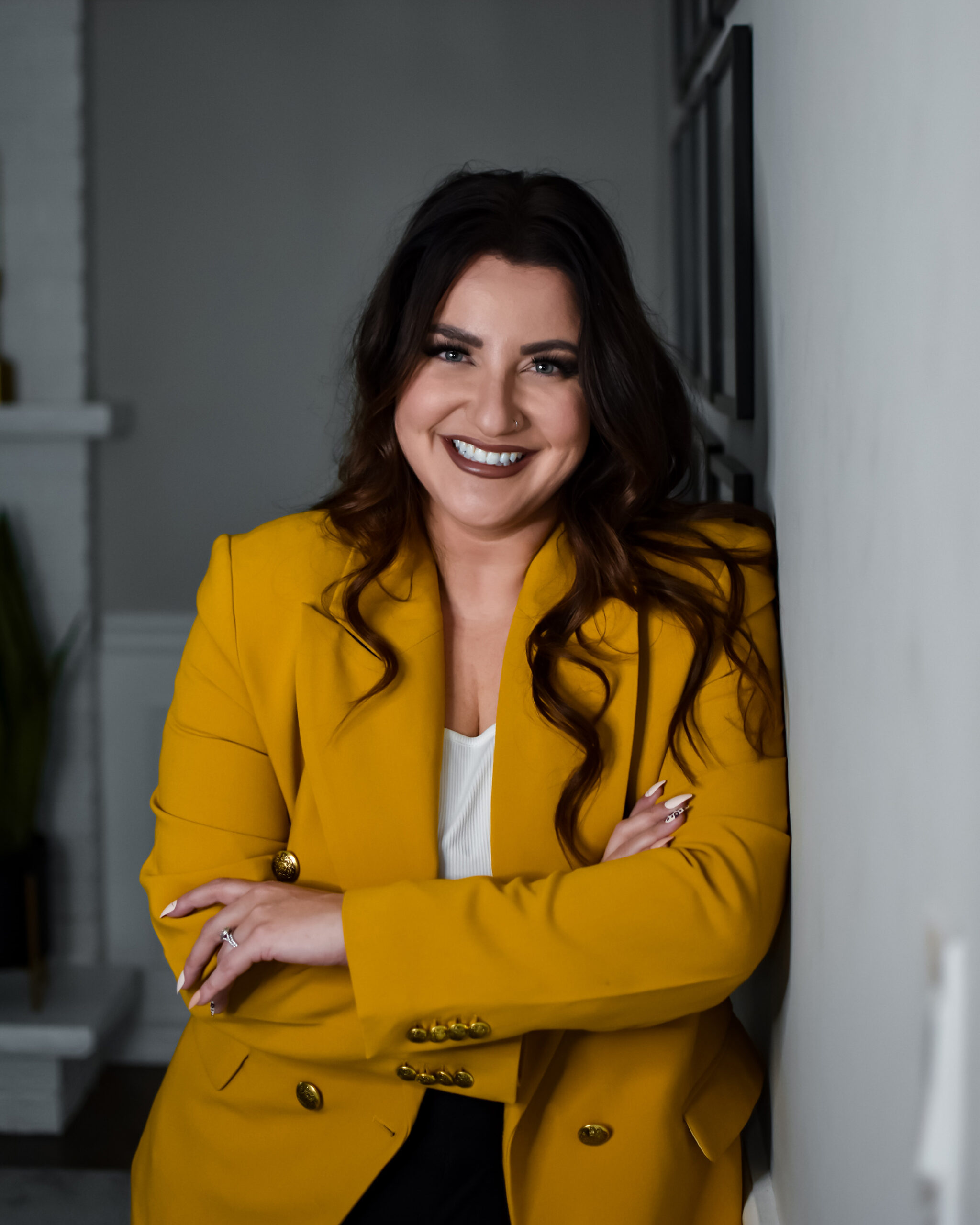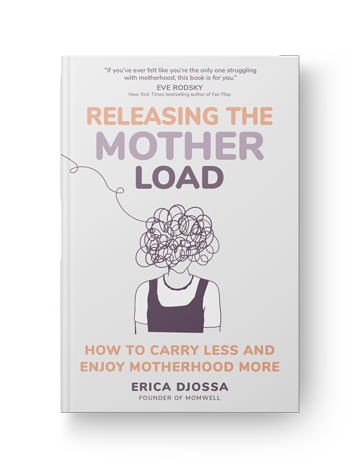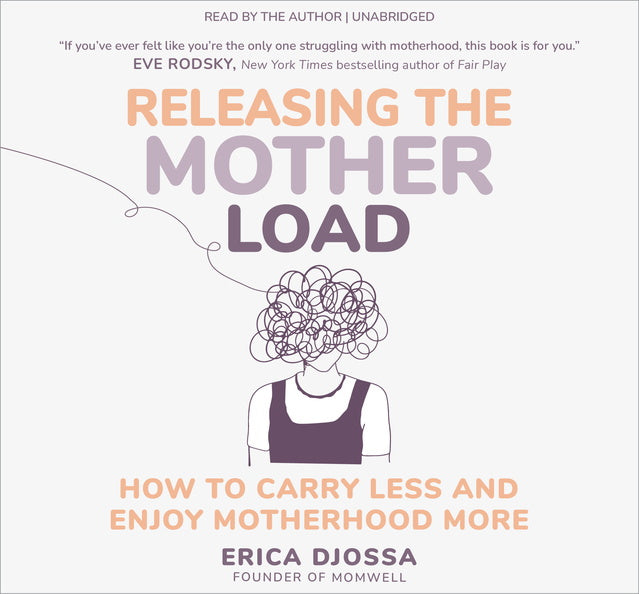Erica Djossa: Releasing the Mother Load
What have we done to our mothers? Sociologists call our times “the era of intensive mothering,” a period in which moms must be it all and do it all for their children and families. Psychotherapist and maternal mental health specialist Erica Djossa has made it her mission to teach today’s mothers how to take care of their well-being in a sustainable way. In this podcast, Tami Simon speaks with Erica about her much-needed new book, Releasing the Mother Load, and the steps we can take to challenge the norms and change the culture around mothering.
Enjoy this empowering discussion of: values-centered mothering; mothers as martyrs; the pressures facing a generation of “overinformed, overeducated, and overwhelmed” moms; equally sharing our household duties; the cost of cognitive or invisible labor; boundaries; using the “load map” to redistribute the work; “mom rage,” its roots, and the unique nature of anger in motherhood; identifying the “red light and green light” times for difficult conversations with partners (and sticking to them); overcoming perfectionism; self-compassion; re-parenting yourself while you’re parenting your children; the disempowering belief that I’m failing as a mom; effective self-care for moms (it’s not just bubble baths!); advice for making changes—start small; and more.
Note: This episode originally aired on Sounds True One, where these special episodes of Insights at the Edge are available to watch live on video and with exclusive access to Q&As with our guests. Learn more at join.soundstrue.com.












